Everything
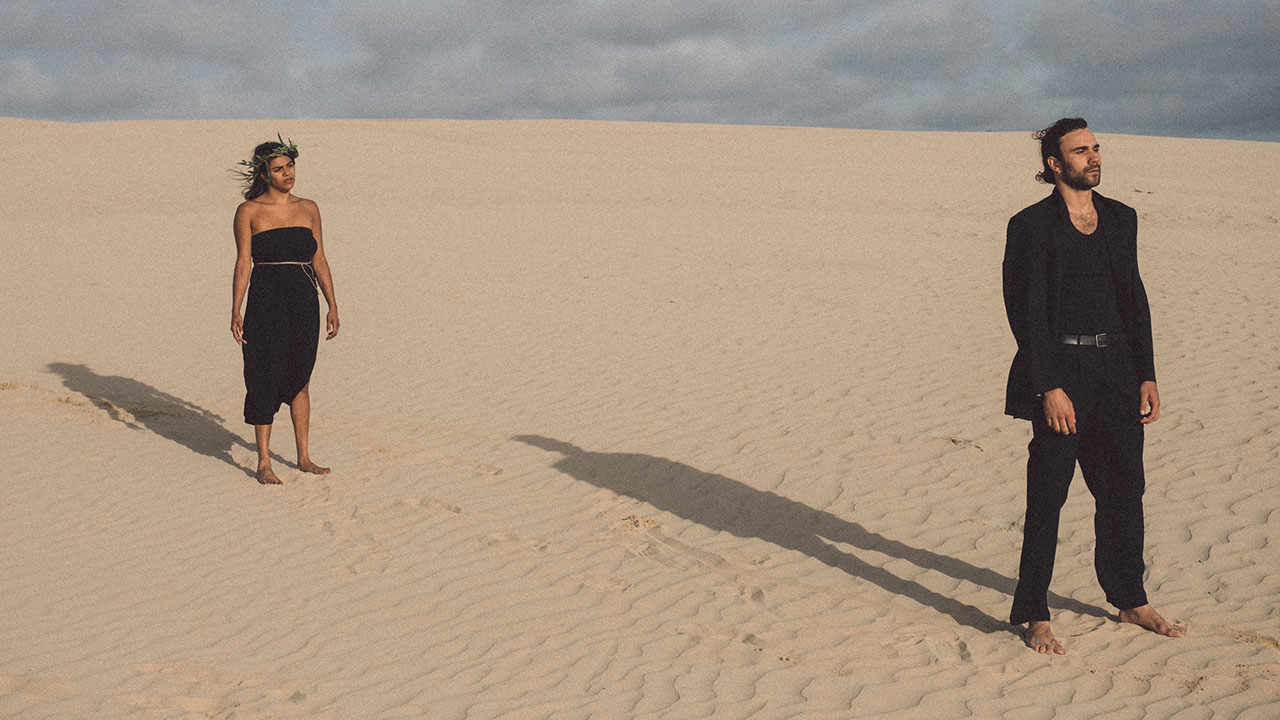
When I first spoke with indigenous creatives, Leonie Whyman and Nelson Baker, the greater film and music industry of Australia and overseas were thriving. Since the birth of streaming platforms, up-and-coming artists, filmmakers, actors and all-round visionaries are introducing new ideas and cultures to the world stage. And Hispanic, Aboriginal and further minorities have finally been given a voice to share worldwide views. Despite the current pandemic the world now faces, the pair know all too-well the struggles and triumphs of navigating such territory and are continuing the forge forward in the industry.
Hailing from Newcastle along the New South Wales coast, Leonie Whyman, an actress and up-and-coming musician – a double threat if you will – now resides in the art capital of Melbourne, Victoria. At just 22 years-old, she is best known for her appearance on Redfern Now and Dark Place. Similarly, Nelson Baker, who comes from Broome in Western Australia and also resides in Melbourne, is an actor (Dark Place), musician and savvy stylist.
Having recently appeared together in work captured by Lachie Carracher, ICON caught up with the pair for insight into the trials and tribulations of navigating the film and music industry, and the change in society they hope to see in the future.
leonie whyman
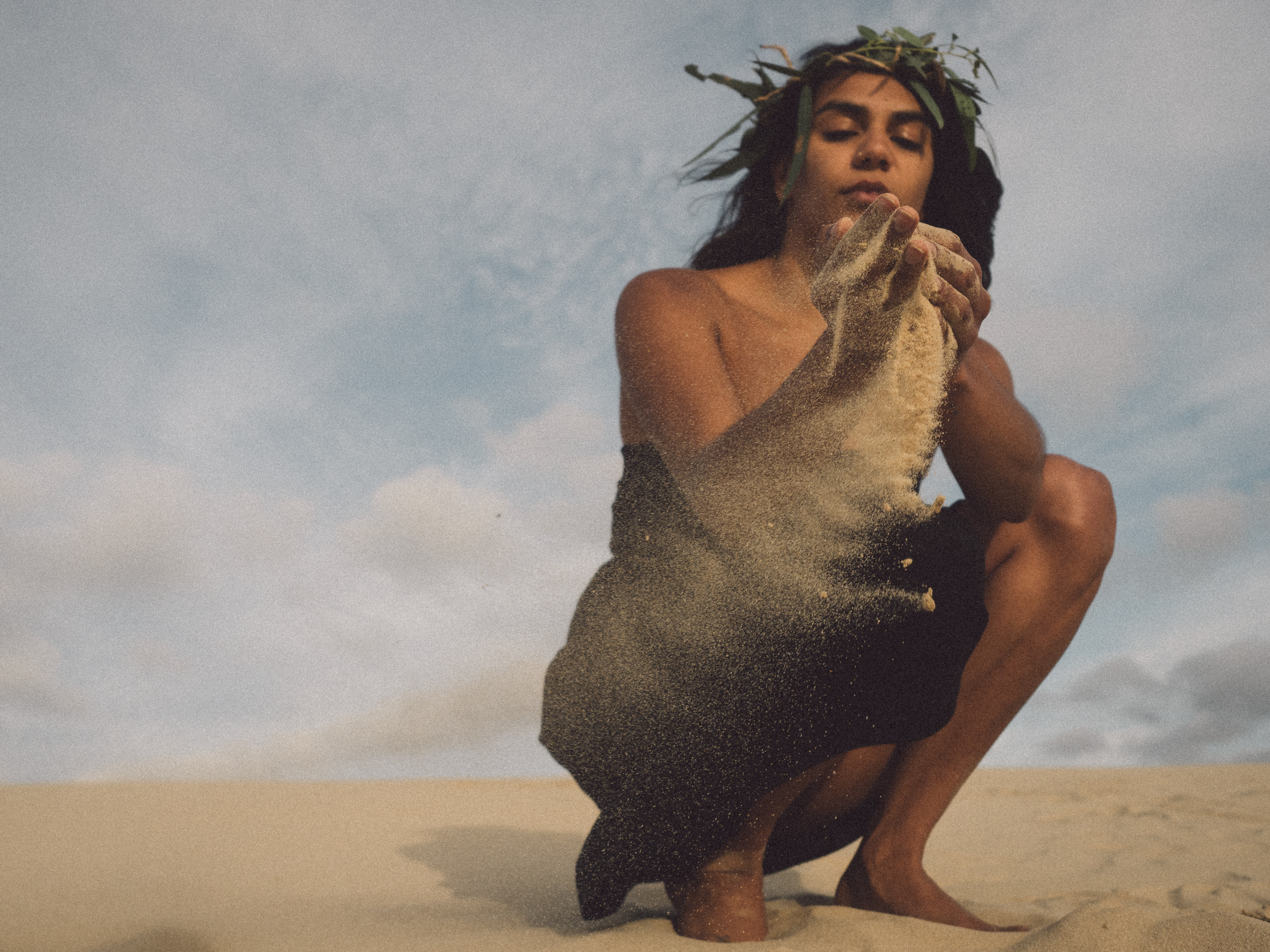
ICON: Where is your traditional land/language? What has your culture taught you about respect of the land?
LW: My nations are Paakantji on my Grandfather’s side and Wiradjuri on my Grandmother’s side. Ever since I was little culture has always reminded me that our land (mother country) is sacred and we need to take care of it. For years it’s taken care of us; supplying us with life, food and shelter. In our culture each nation has their land and totems to protect, so our animals don’t go extinct and we give back to the land. Take care of it and it will do the same.
You’ve turned to music as an up-and-coming musician. Why was this important for your own expression?
LW: I’ve always grown up around music. My dad was a guitarist and my mother a pianist and horns player. I played trumpet for 8 years then was accepted into my high school which was a performing arts school. This then led to me changing my major in trumpet to guitar and vocals. Music has always been around me and I’ve been drawn to it recently as it’s a place where I can escape. [To] put everything on ice for a second and just sing out what my heart and mind are feeling. It’s a good way for me to communicate what’s going on in my mind as sometimes it’s hard to articulate in words.
What drew you to acting?
LW: As for acting. I fell into that one. My imagination as a kid was definitely a wild one. Being a single child, I started playing pretend and talking to myself, then when I got to high school, I chose drama as an elective. After about a year, I had my first audition for a show that was on ABC 3 and went for it; got it and the rest has been history. I love the feeling of pretending I’m in another world, you get to leave your own life and worries for a bit and be someone else.
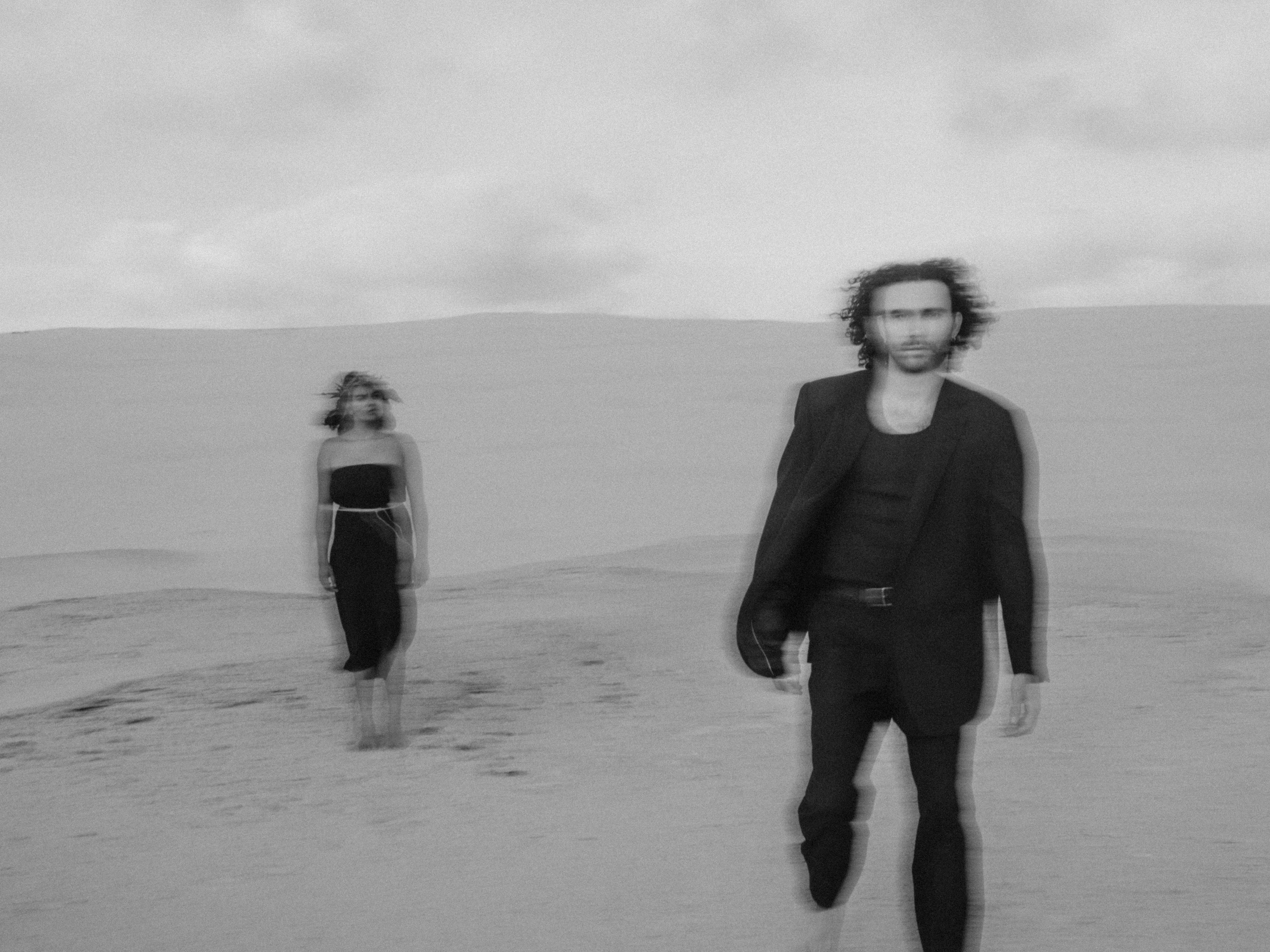
Are there any sacrifices you have made to acquire the life you have today?
LW: There has definitely been a lot of sacrifices I’ve had to make. I had to drop out of high school with two terms left because I was filming a television show. I had relationships fall apart due to the jobs I’ve had. But I think the biggest was moving to a city 10 hours away from home; leaving my family and friends, in order to fulfil my dream with a career in the arts. My mother and I are like two peas in a pod and it’s been a constant struggle not having her here, but it drives me to keep doing what I’m doing knowing she’s proud of me.
Talk to me about your experience as a young indigenous woman in the film and television industry?
LW: My experience has been nothing but amazing so far, especially since moving to Melbourne. I’ve created this little arts family and we all look after each other. Like most people in the arts scene, we’ve all left family and friends so coming together, supporting each other and understanding we’re in the same boat just comes naturally. I’m very grateful for the family I’ve made here and I wouldn’t change a thing.
What change do you hope to see in society in the next decade?
LW: I really hope the artists gain more respect and recognition. Especially in these hard times I’ve realised just how important artists are. Music, film, stage, television, dancers. In these times we’ve all lost a lot of our platforms therefore our money. I think we’re some of the hardest working people, always on the hustle – it never stops. But what I’ve noticed is that we’re the people that others steer to in difficult times. Self-isolation. People are watching Netflix, YouTube, listening to music, learning TikTok dances (me included); these are all artists creating content for our entertainment. I just hope everyone remembers that when this sickness is over. One last thing I hope to see is recognition of the history of this country. Always was always will be, Aboriginal Land.
NELSON BAKER
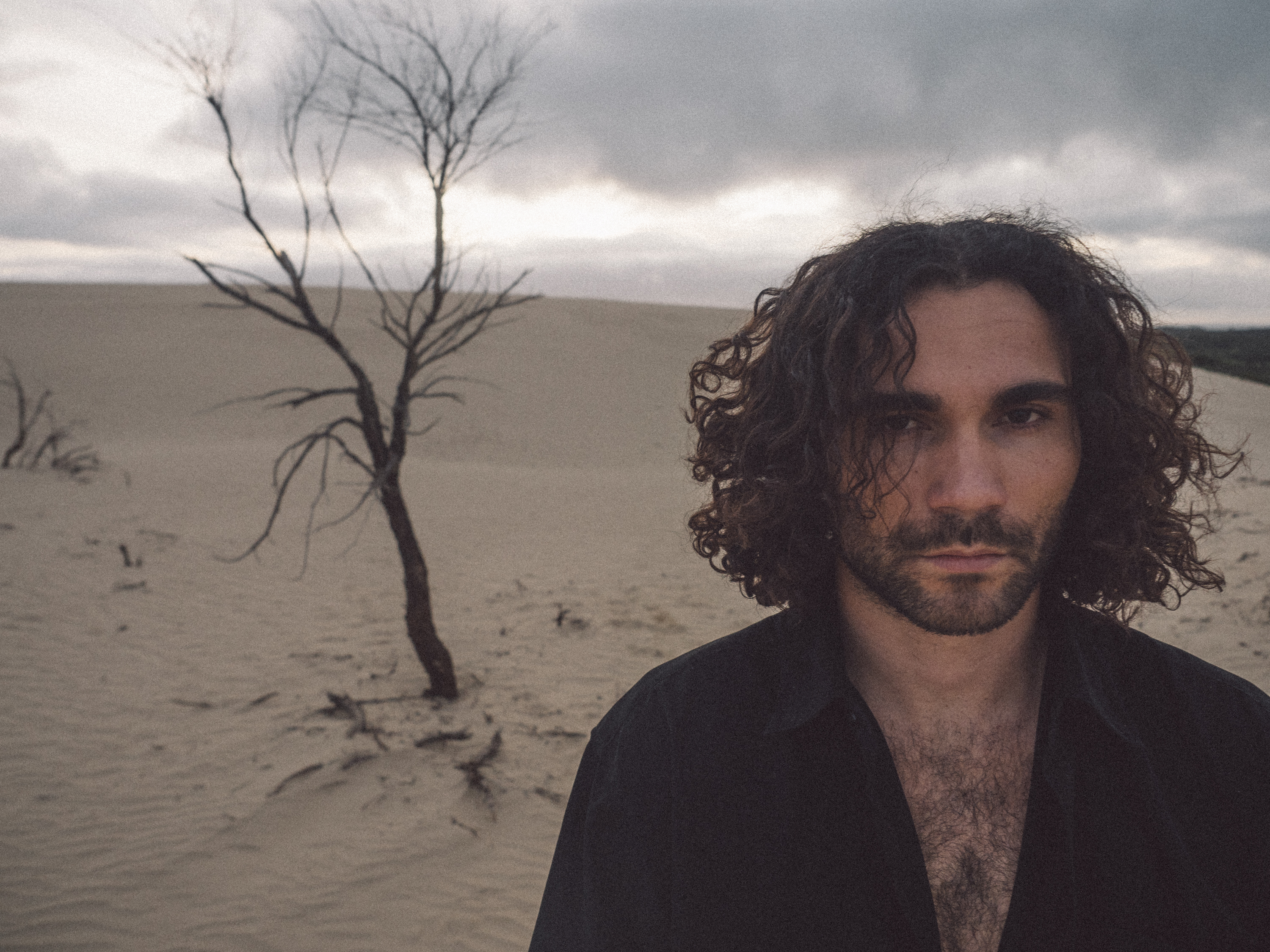
ICON: Where is your traditional land/language? What has your culture taught you about respect of the land?
NB: I’m Nyikina, from the Fitzroy River, my mother’s country in the Kimberley region of the North-Western Australia. Some of the basic principles we were taught growing up are that: you should always leave it the way you found it (or better), never take more than what you need, if you respect the land it will look after you, that you don’t kill anything unless you’re going to eat it and from that, you never kill for fun. Country is always watching and listening. It is alive.
You have a strong sense of style. Why is this important for your own expression?
NB: “I think expressing yourself is very important to one’s self-confidence. What you wear is an expression without words. What you wear also attracts those around you, it has a personality of its own. I know that everything has an energy, sometimes I want to wear all black to feel clean and strong. And as my spirituality develops and I’m becoming more grounded, I’m attracted to natural fibres and earthy tones. Having complete creative control is rare, and fashion allows you to do that and express your individuality. As long as you stay truthful to who you are, I think that’s the best expression.
What drew you to acting?
NB: I like that you can create a feeling. There are different forms of story telling and acting, we do it everyday. I’ve always been an actor because, growing up spending everyday on the streets as a kid, we made it our playground, we had the freedom to play and use our imagination. We would always play with characters and when we had the resources we would make our own movies.
Are there any sacrifices you have made to acquire the life you have today?
NB: Working in another city away from my family to further my career means I have to sacrifice time with them. Being with family to learn our culture on country is not only healing for me, but is a vital part of learning who I am and where I come from. My mother is the bloodline to my indigenous heritage and time with her brings me a sense of belonging and purpose. There is a great amount of responsibility I carry to pass on our knowledge to our next generation. I can’t miss such an integral step of continuing my culture. I’m constantly juggling between the two worlds.
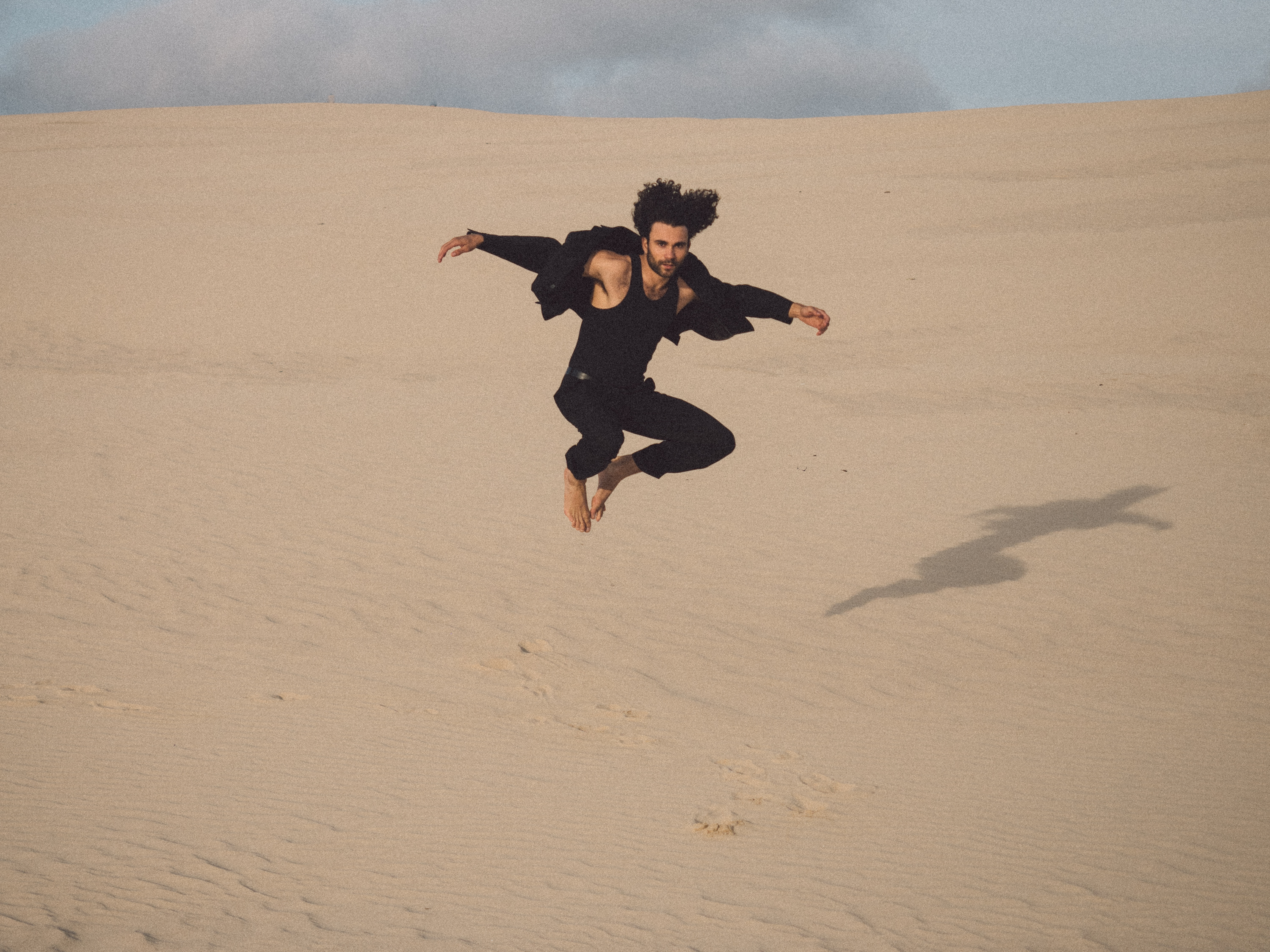
Talk to me about your experience as a young indigenous man in the film and television industry?
NB: Story telling is our way of life. I feel honoured being able to work with mob to create and bring our stories to life, and to be apart of that movement. Acting has taught me compassion and perspective. It also gives me the ability to get our history across from our past, present and future to closing the gap. Being an indigenous man and having the opportunity to be vulnerable on screen or in a theatre is a very important to me. I want to break the stigma around men being expressive and emotional beings. With hope to help others to deal with their pain through telling our stories.
What change do you hope to see in society in the next decade?
NB: I hope for our people to be heard, respected and acknowledged. To come to us for answers. That we listen carefully to the people of the land, to learn from their ways. To break down the racist stereotypes and to be educated with the truth of our history, survival and power of indigenous knowledge. I want to see more black people in positions of power and influence. And support for black communities making black work. The stories that have been carried for thousands of years from elders through our culture, are very valuable to understanding our way of life, and how to live sustainably on country. It is very important that we learn from them. They’re dying and it is up to us as the next generation to carry these to the next.